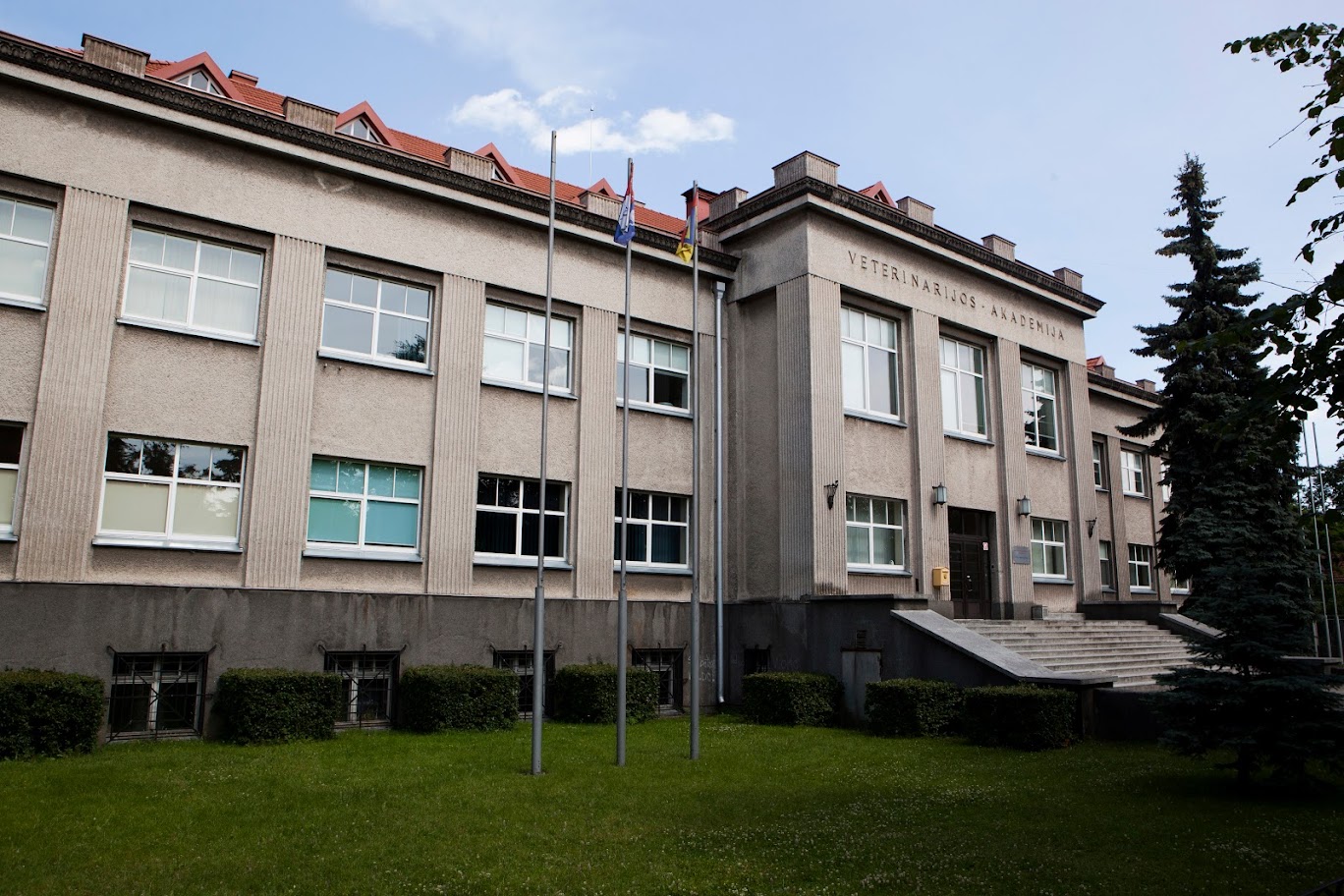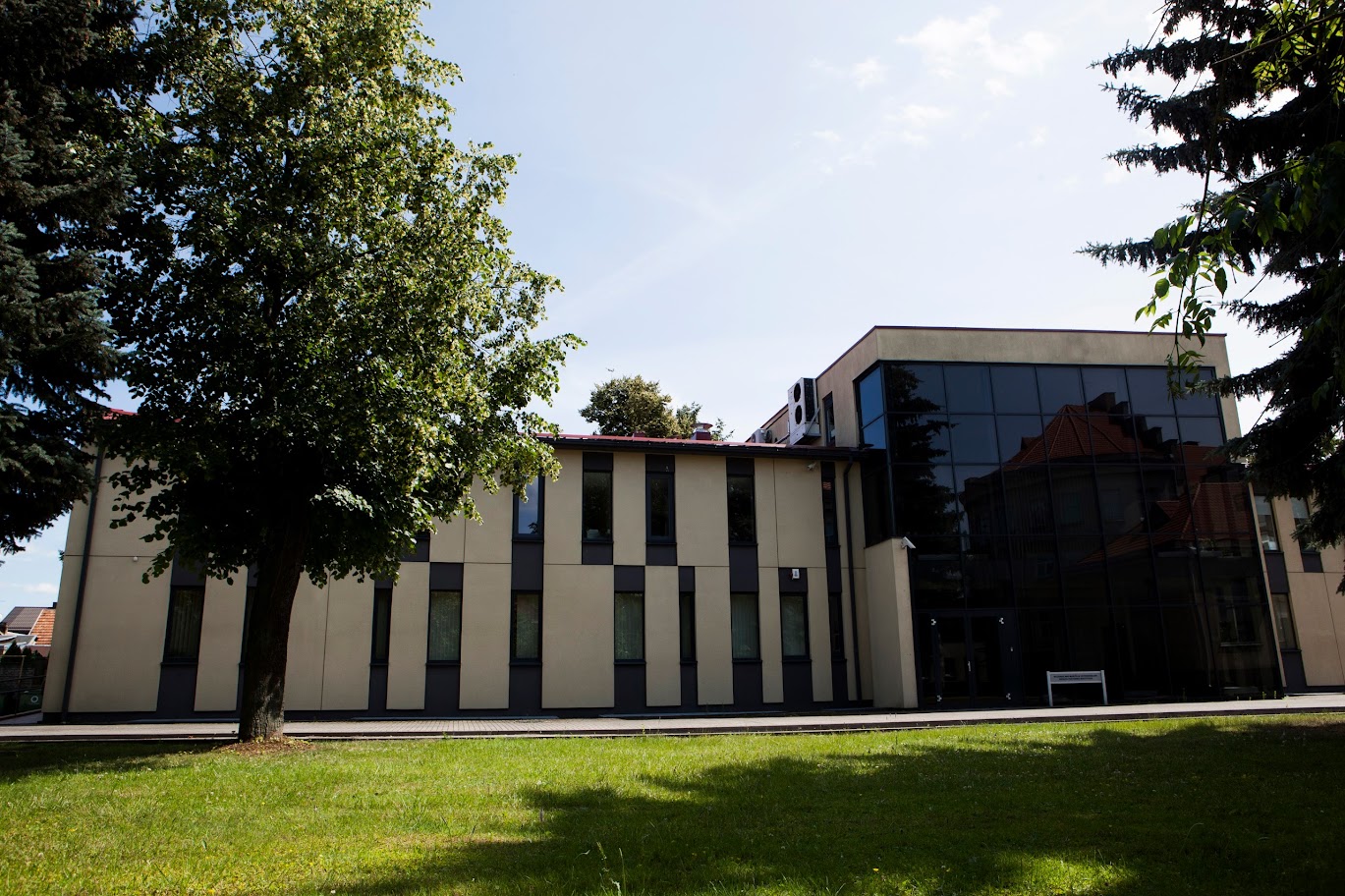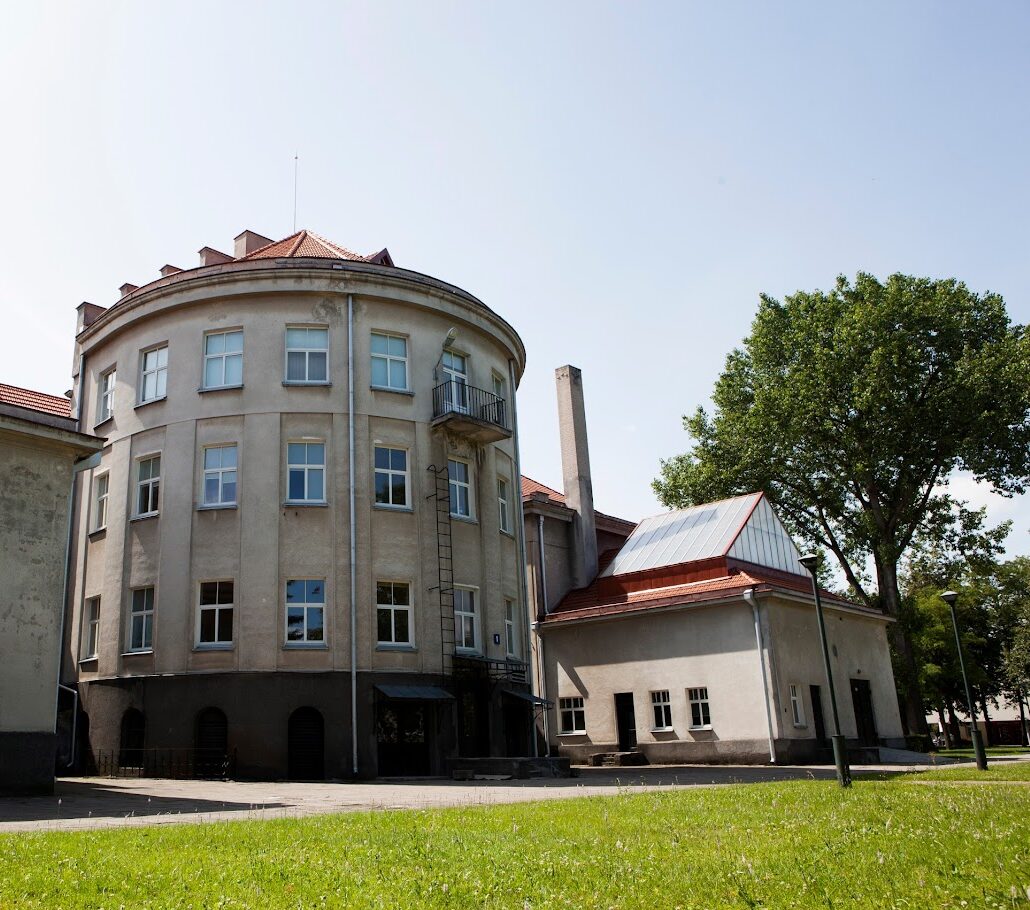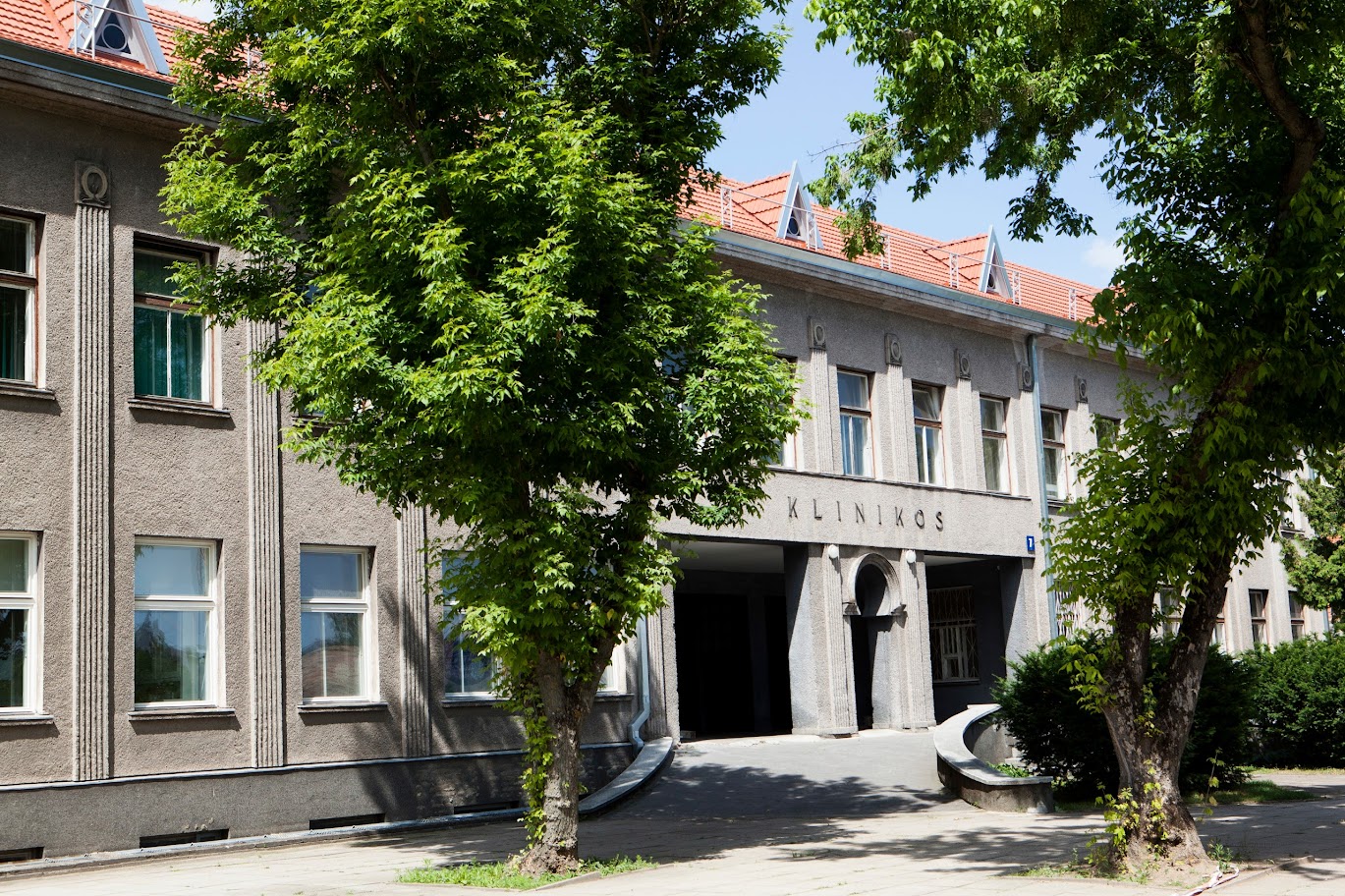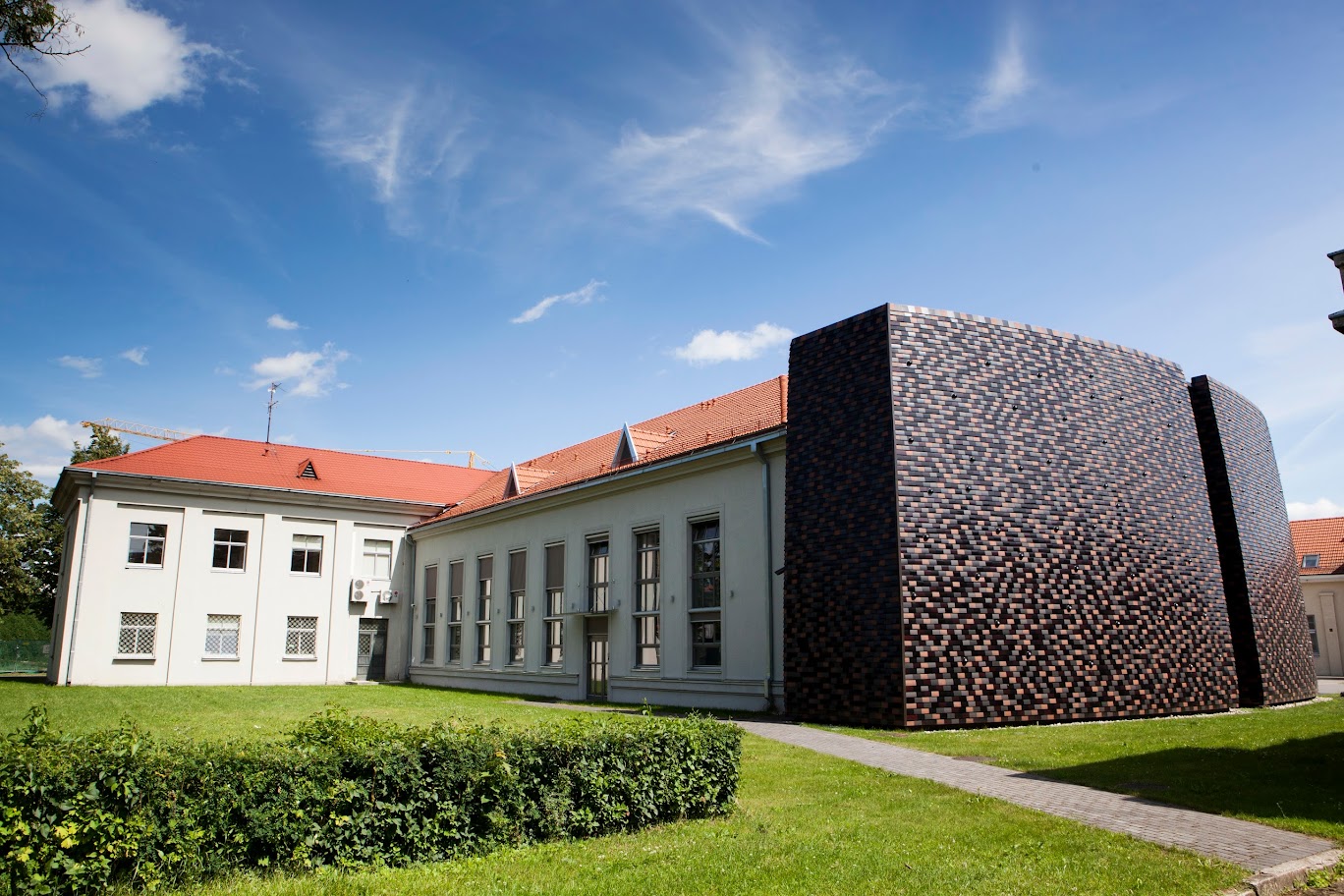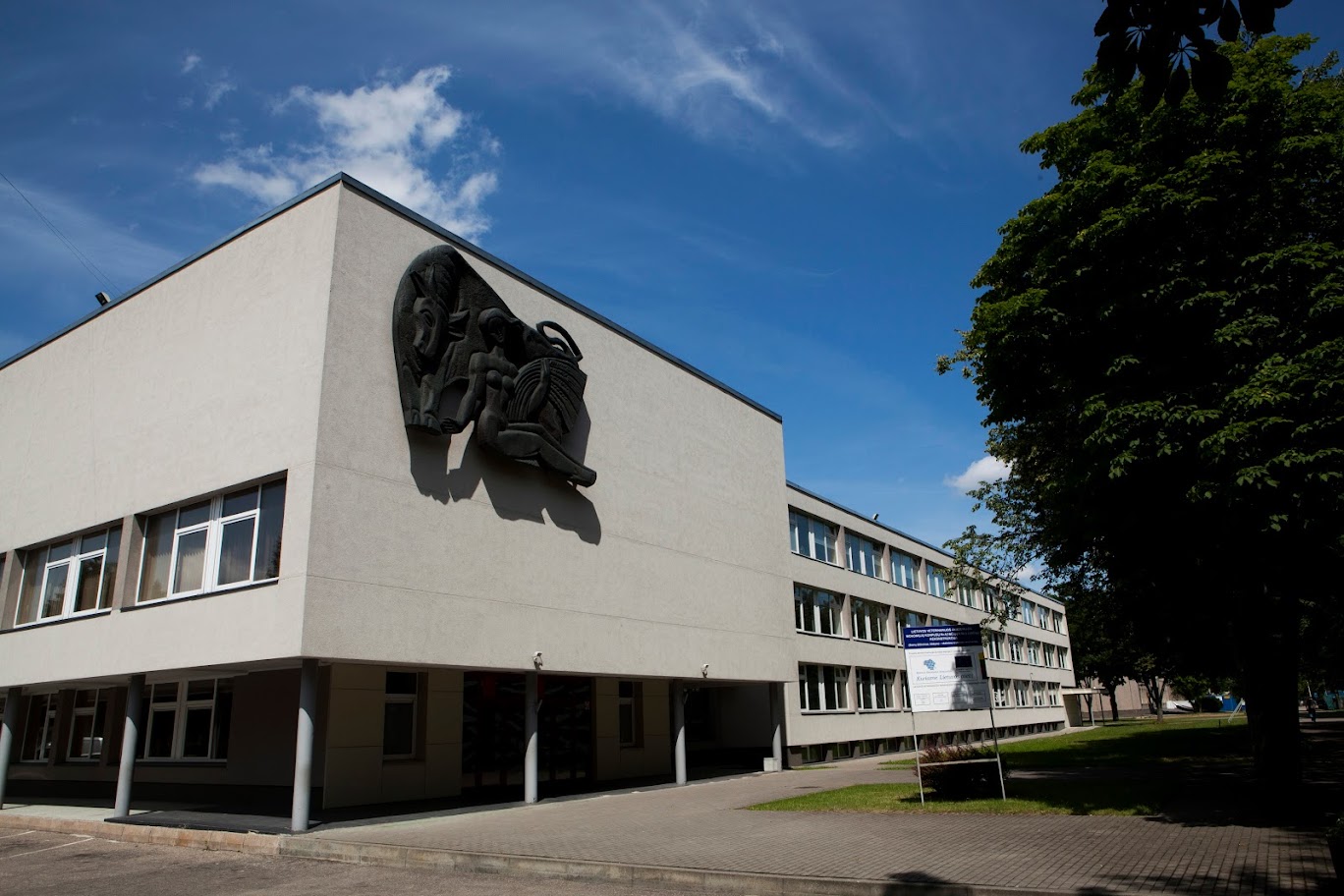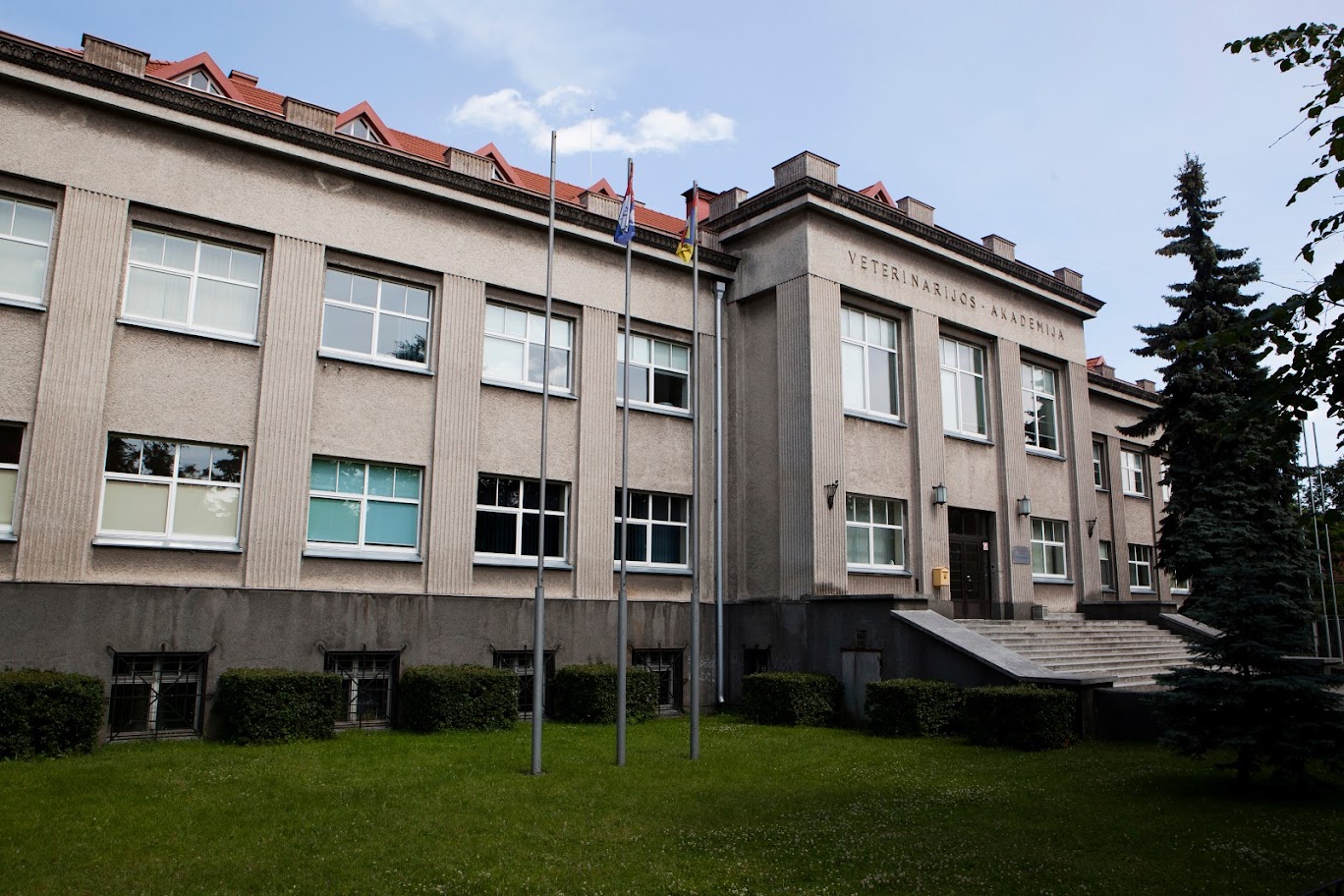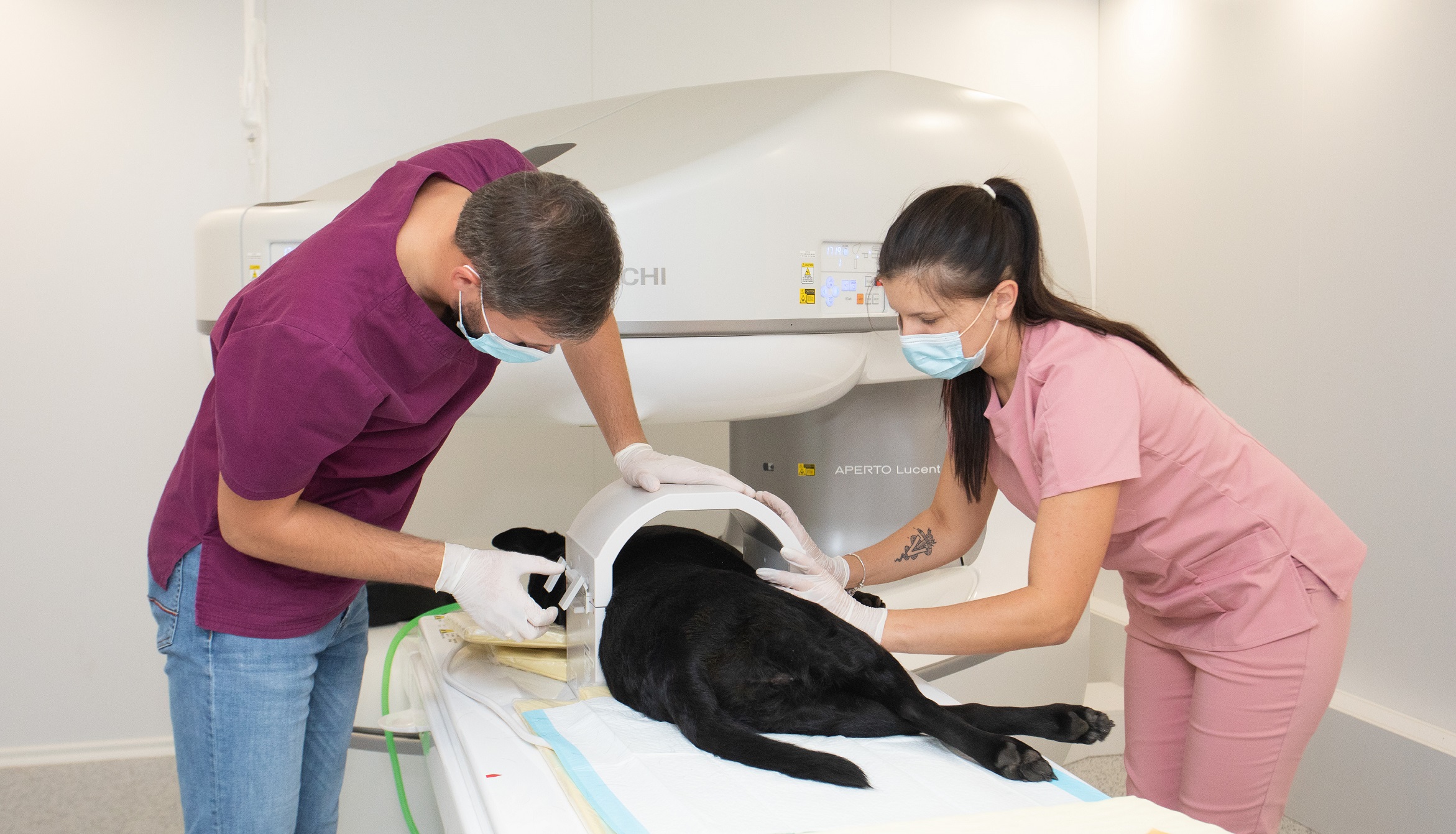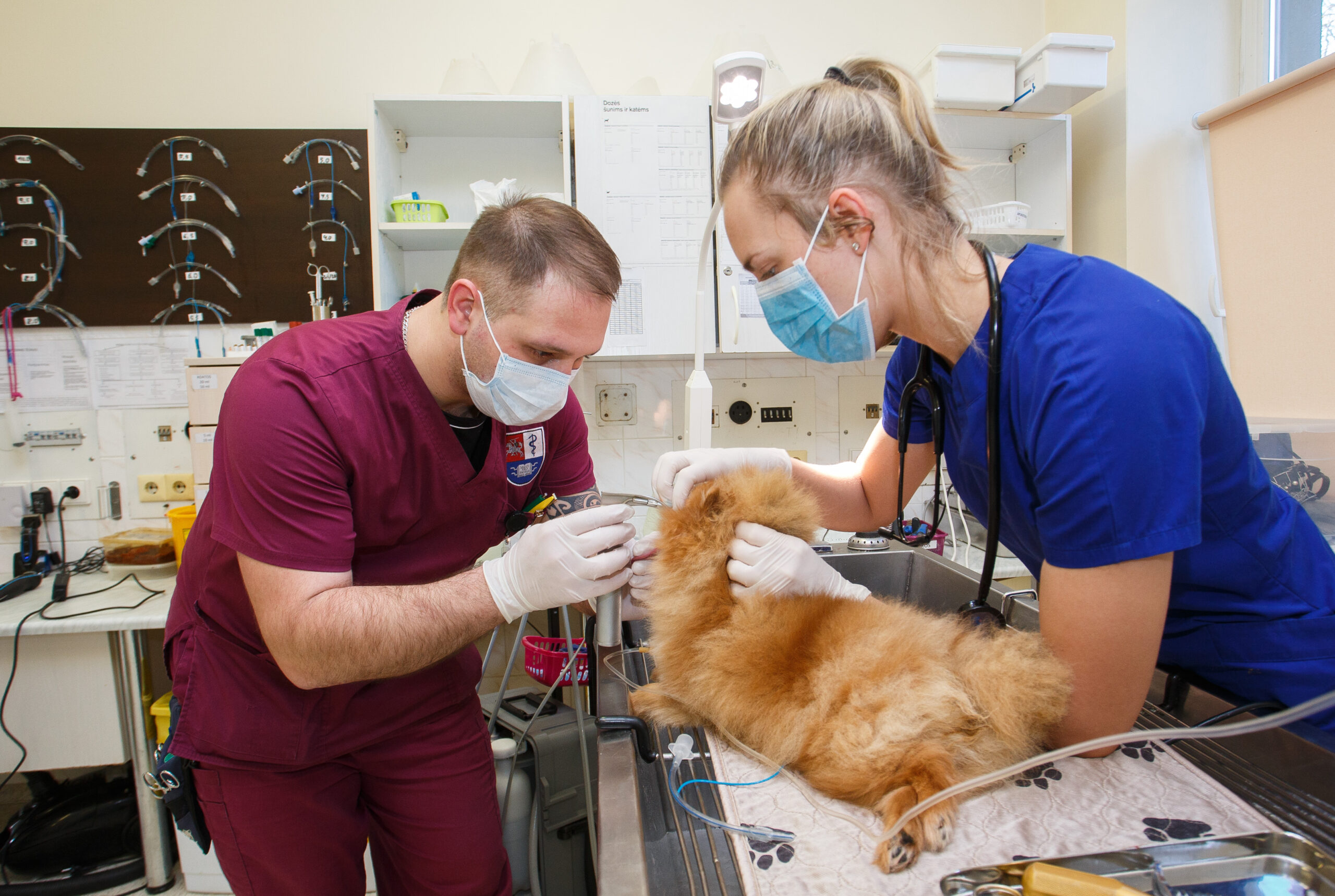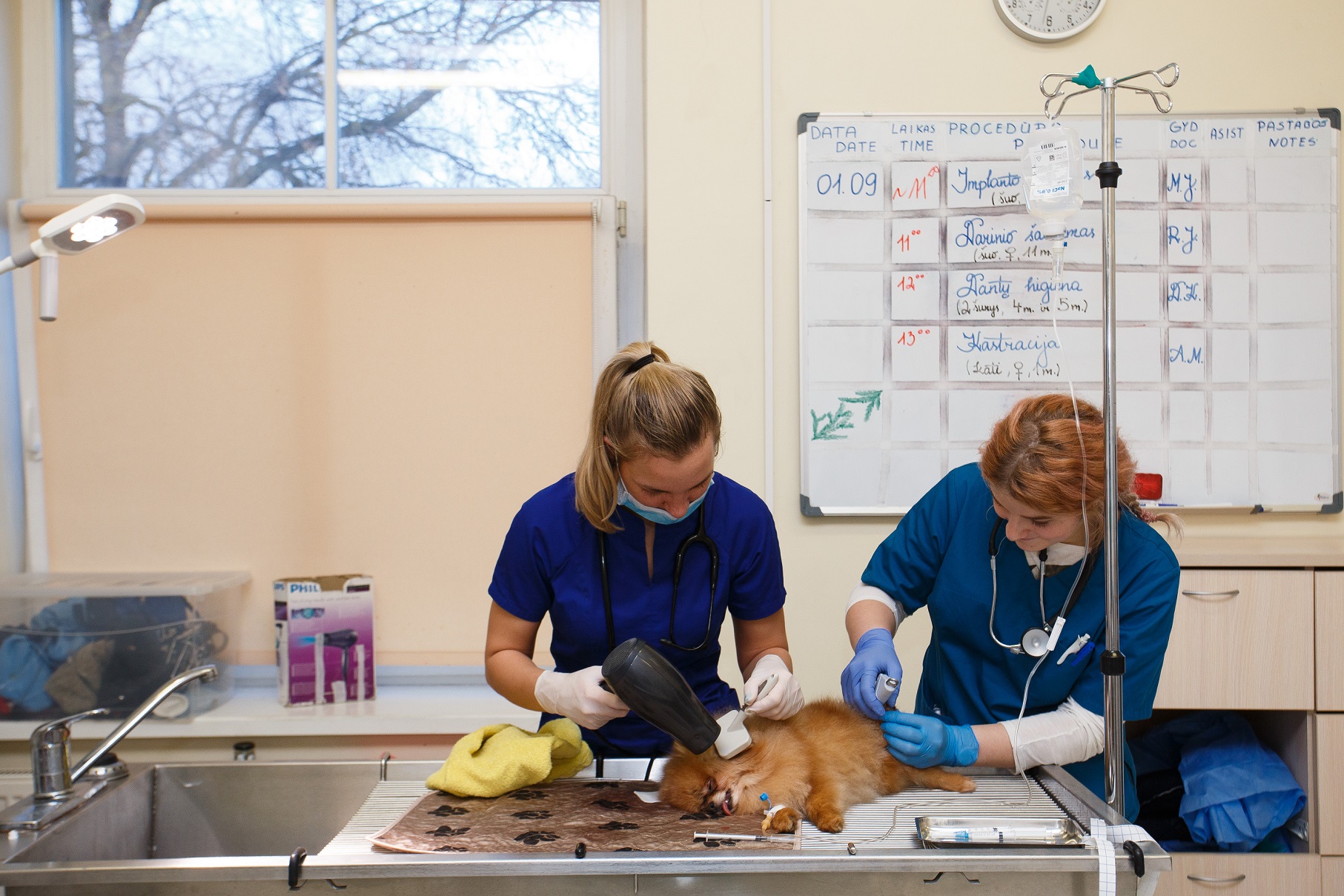The Faculty of Veterinary Medicine is the only one in Lithuania that trains veterinarians and veterinary food safety specialists. Veterinarians have been trained at the faculty since 1936 and throughout that time deep faculty traditions were formed. The graduates of the faculty are highly valued not only in Lithuania, but also abroad. The degrees in veterinary medicine are recognised in many countries in Europe and the world.

Faculty of Veterinary Medicine
The Faculty of Veterinary Medicine is a member of The European Association of Establishments for Veterinary Education (EAEVE).
The Faculty of Veterinary Medicine is active in international activities and academic exchanges with the University of Veterinary and Pharmaceutical Sciences of Brno, the Latvia University of Agriculture, the University of Warmia and Mazury (Poland), the University of Murcia (Spain), the University of Life Sciences and the University of Helsinki, University of Veterinary Medicine Hannover,Swedish University of Agricultural Sciences, University of Vienna, Faculty of Analytical Chemistry (Austria), VTT Technical Research Centre of Finland, Martin Luther University, Institute of Nutrition (Germany) and others.
The results of veterinary studies comply with the third part of Article 38 “Training of Veterinarians” of Chapter III, Part 5, Section 5 of the European Parliament Directive 2005/36 / EC “On the Recognition of Professional Qualifications”, which specifies the knowledge and skills required for graduates of veterinary medicine and approved by LSMU VA In the Board of the Faculty of Veterinary Medicine.
The Faculty of Veterinary Medicine has 3 departments and 2 clinics. Researchers and students carry out research in 3 research centres, 7 research laboratories, and the open access research centre “Open Access Centre for Animal Health and Raw Materials of Animal Origin”, which unites scientific laboratories and enables even better care of animal health and food raw materialsas well as product quality.
Studies
The Faculty of Veterinary Medicine offers 3 university study programmes:
- Veterinary Medicine (in Lithuanian and English);
- Veterinary Food Safety (in Lithuanian and English);
- Food Science (Bachelor studies in Lithuanian; from September 2017 Master’s studies in Lithuanian and English).
The aim of the Veterinary Medicine study programme – to prepare highly qualified masters of veterinary medicine who can work in a private and public network of veterinary services, able to diagnose animal diseases, treat sick animals, apply preventive measures, carry out disease and food control, research, pass on knowledge to others, solve complicated veterinary problems, apply skills and knowledge in state, social and independent activities and to constantly improve.
The aim and results of the study programme in veterinary medicine correspond to the principles of the general European educational process (Bologna), linked to the competencies and qualification requirements of the trained specialists, formulated with the direct participation of the social partners.
The study programme “Veterinary Medicine” has been accredited in Lithuania and by the European Association of Establishments for Veterinary Education (EAEVE) for the maximum period of 7 years. The diplomas are recognised in Europe without any limitations.
The aim of the Veterinary Food Safety study programme is to prepare highly qualified public health professionals who are able to apply the latest achievements in the professional activity of food safety, to assess the safety of animal and plant raw materials and food products made from them and their impact on public health; to ensure that unsafe products do not reach the consumer; to solve public health problems, to analyse the epidemiological peculiarities of non-communicable and communicable diseases related to public health; propose preventive measures and evaluate their effectiveness in addressing public health issues related to food safety.
The aim of the Bachelor of Food Science study programme is to prepare modern qualified and innovation-intensive food production specialists who are able to make independent decisions and work in a team, adapt to constant changes in food companies and professional activities, and have knowledge of the importance of healthy eating and its application in food production and the food production chain.
The Food Science study programme focuses not on the production of food raw materials themselves, but on the use of these raw materials in the production or development of quality food products and food quality control in the food production chain.
The aim of the Master’s Degree Programme in Food Science is to prepare qualified specialists who are able to implement scientific innovations in food processing companies, create new food products that meet the needs of modern consumers and the principles of healthy nutrition, manage human resources, organise production and adapt to rapidly changing market conditions.
RECOGNISED SPECIALISTS IN VETERINARY
SCIENCE AND PRACTICE
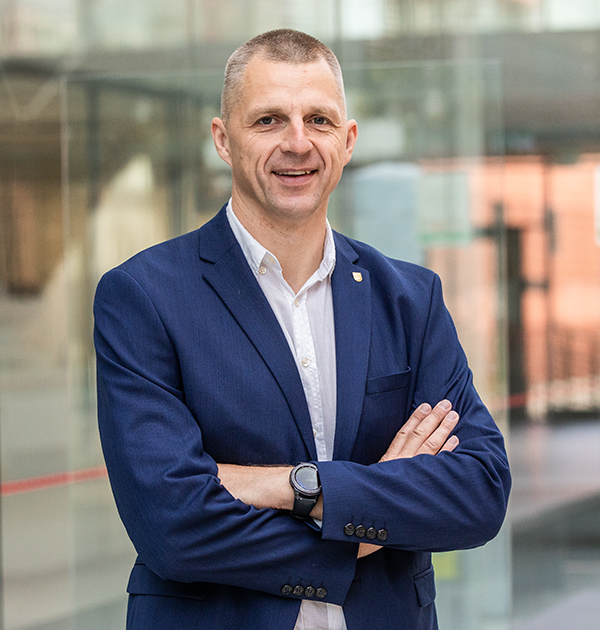


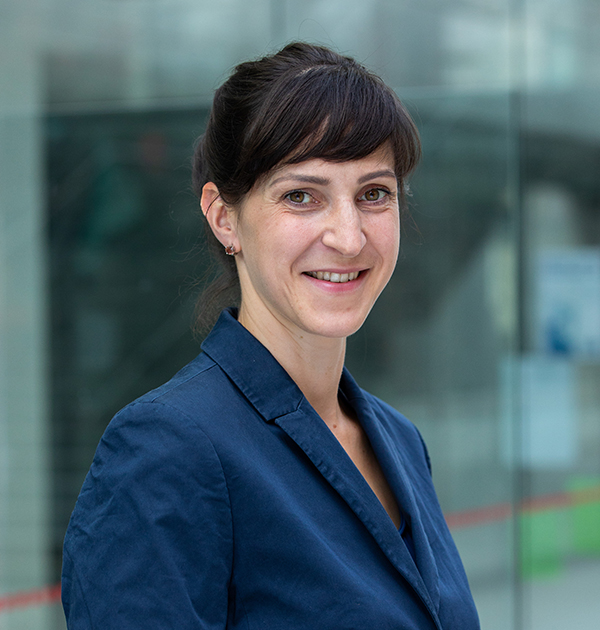
RESEARCH OF THE FACULTY OF VETERINARY MEDICINE
The following main research areas are carried out at the Faculty of Veterinary Medicine:
- Epidemiology, etiology and pathogenesis of animal diseases, prevention, research of pathological processes and regularities of the body’s protective responses;
- Research on animal breeding, genetics, reproduction, nutrition, feed, welfare and environmental impact;
- Research on the quality and food safety of food raw materials, development of innovative technologies and products.
Ongoing research projects at the Faculty of Veterinary Medicine:
- “The Edible Coating Formulated With Liquid Acid Whey Protein And Bioactive Compounds, And Biopackaging For Safety And Quality Of Probiotic Cheese” (BIOCOAT). More information.
- “Understanding microbiomes of the ruminant holobiont (HoloRuminant)”. More information.

